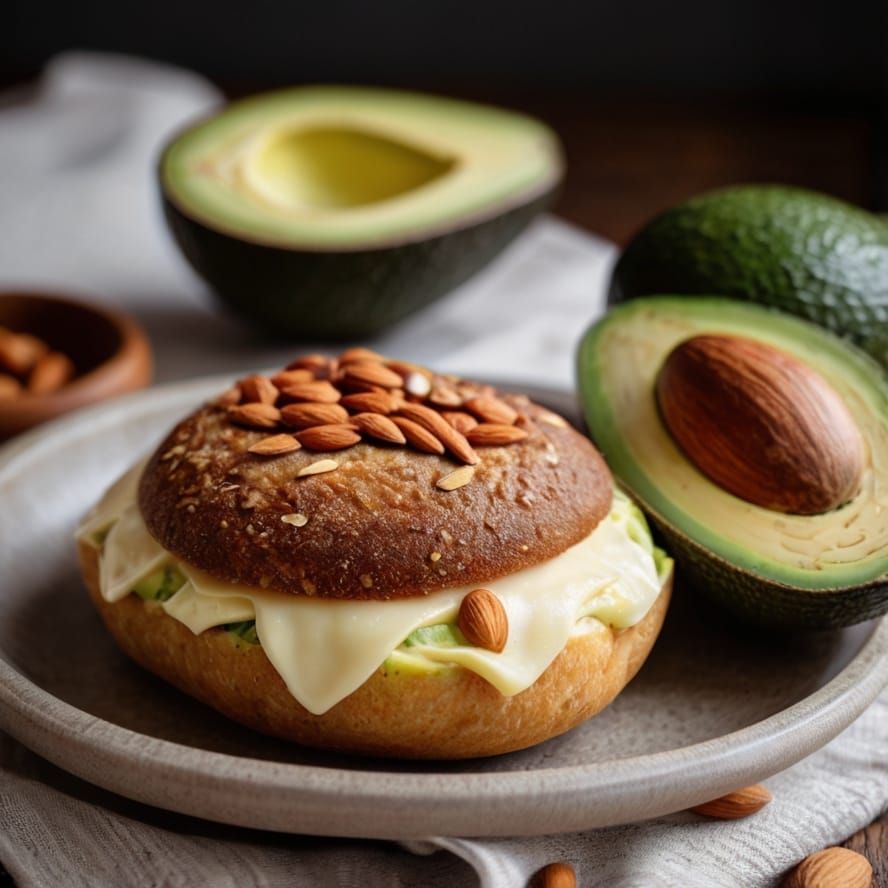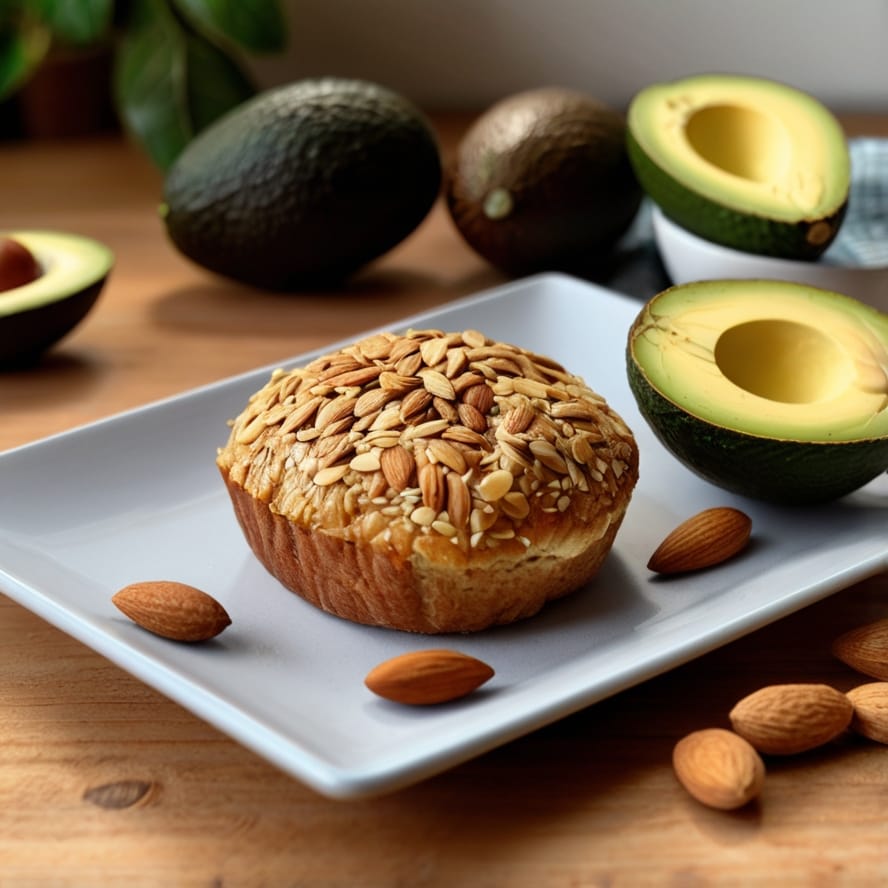The keto diet, short for ketogenic diet, is a low-carbohydrate, high-fat eating plan that has gained widespread popularity for its potential to support weight loss, enhance mental clarity, and improve overall health. By drastically reducing carbohydrate intake and increasing fats, the body enters a metabolic state called ketosis, where it burns fat for energy instead of carbohydrates.
Before we dive deeper, check out our Low-Carb Bun Recipes for Keto Dieters for bun alternatives that fit perfectly into the keto lifestyle.
Table of Contents:
- What is the Keto Diet?
- How Does the Keto Diet Work?
- Health Benefits of the Keto Diet
- Potential Side Effects and Risks
- Who Should Consider the Keto Diet?
- Conclusion
What is the Keto Diet?
The keto diet is a nutritional plan that emphasizes high-fat consumption, moderate protein intake, and very few carbohydrates. The idea behind this diet is to shift the body’s energy source from carbs to fats, putting it into ketosis—a natural metabolic state.
In a standard keto diet:
- 70-80% of calories come from fats.
- 20-25% of calories come from protein.
- 5-10% of calories come from carbohydrates.
This structure forces the body to burn fat for energy, producing molecules called ketones in the liver. These ketones become the body’s primary fuel source.
How Does the Keto Diet Work?
When the body consumes fewer than 50 grams of carbohydrates daily, its usual glucose reserves are quickly depleted. Normally, the body relies on carbs (in the form of glucose) for energy. However, with glucose levels low, the body turns to fats as its new energy source, breaking them down into ketones through a process called ketogenesis.
In this state:
- Blood sugar levels drop, and the body starts burning fat for energy.
- Ketones replace glucose as the main fuel for the brain and muscles.
- Weight loss may become more efficient, as the body continuously burns fat reserves.
For a deeper understanding of low-carb alternatives, our article on Low-Carb Bun Recipes for Keto Dieters is worth reading.

Health Benefits of the Keto Diet
The ketogenic diet offers several potential health benefits, which contribute to its rising popularity:
- Weight Loss: Because the body burns stored fat for fuel, many people on the keto diet experience significant weight loss, especially in the first few weeks.
- Improved Mental Focus: Ketones provide a steady energy source for the brain, often leading to improved mental clarity and focus compared to carbohydrate-driven energy.
- Balanced Blood Sugar Levels: For those with insulin resistance or type 2 diabetes, a keto diet may help stabilize blood sugar levels by reducing carbohydrate intake.
- Reduced Inflammation: Emerging research suggests that a keto diet may reduce chronic inflammation, which is linked to various health conditions (check sources like Healthline for additional information).

Potential Side Effects and Risks
While the keto diet has its benefits, there are potential side effects to consider, especially during the initial adjustment period known as the “keto flu.” Symptoms can include:
- Headaches
- Fatigue
- Nausea
- Dizziness
These effects are typically temporary as the body adapts to burning fat for energy. However, long-term risks may include nutrient deficiencies due to restricted food groups, and for some individuals, the high-fat nature of the diet may increase cholesterol levels.
Who Should Consider the Keto Diet?
The keto diet can be suitable for various individuals, including those looking to lose weight, control blood sugar, or improve cognitive function. However, it may not be ideal for everyone. Individuals with pre-existing medical conditions, such as kidney disease or heart conditions, should consult a healthcare professional before starting the keto diet.
Conclusion
The keto diet has revolutionized the way many people approach weight loss and healthy living. By cutting out carbohydrates and embracing fats as a primary energy source, the body enters ketosis, burning fat for fuel. However, like any diet, it requires commitment and understanding to be successful. Whether you’re trying it for weight loss or health improvements, always tailor the approach to suit your body’s needs.
For low-carb recipe ideas that fit perfectly into a keto lifestyle, don’t forget to visit our Low-Carb Bun Recipes for Keto Dieters.

